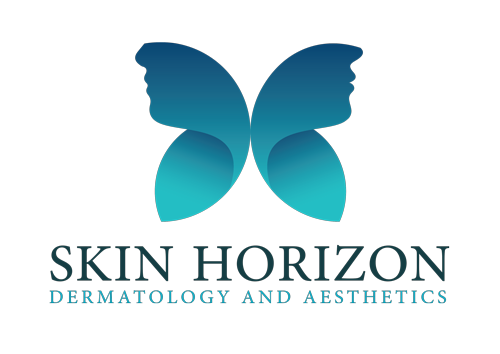Welcome to
Skin Horizon
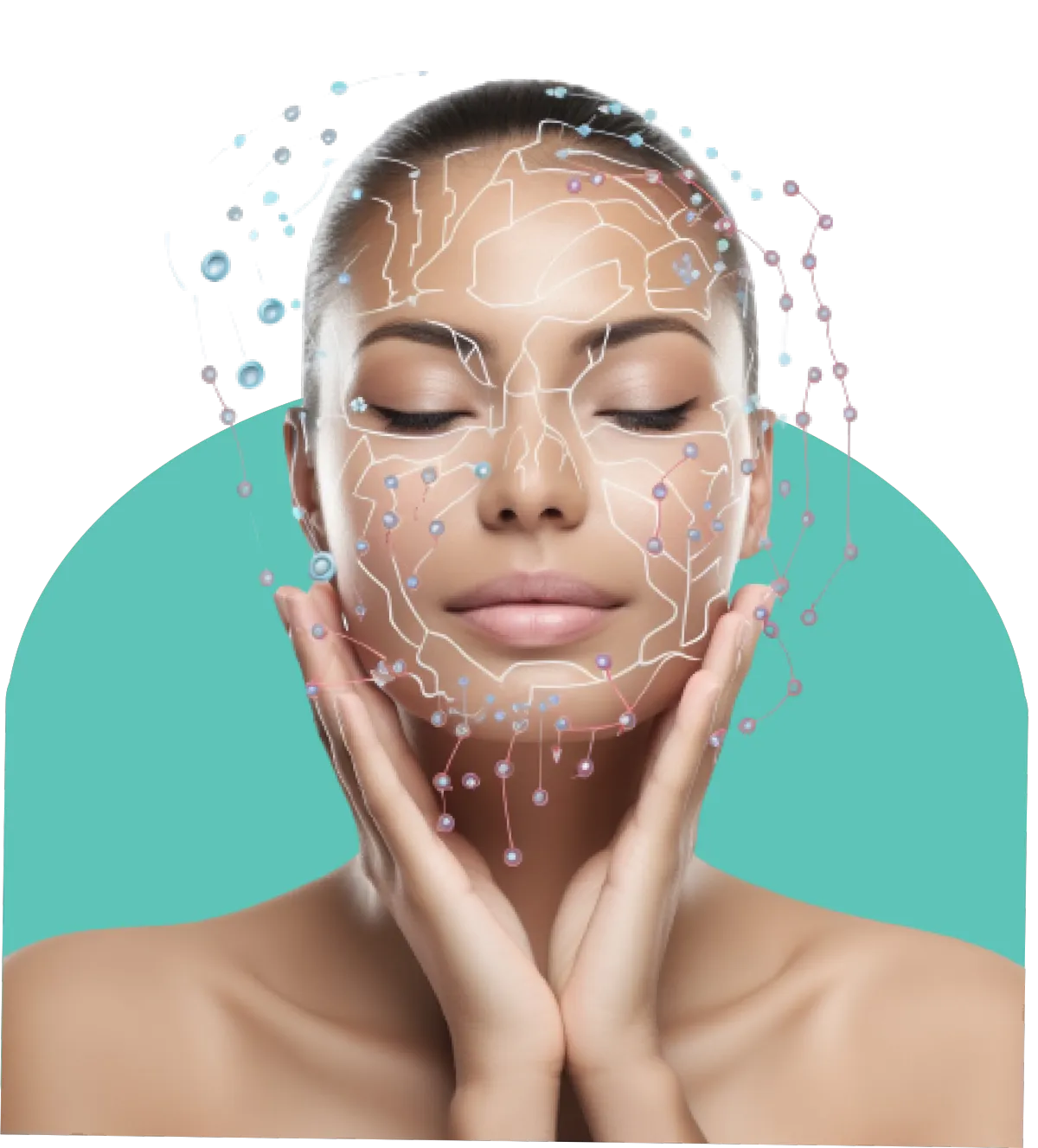
Welcome to
Skin Horizon

We provide exceptional dermatology
and aesthetic services, designed to suit your needs.
Struggling With Skin and Hair Issues?
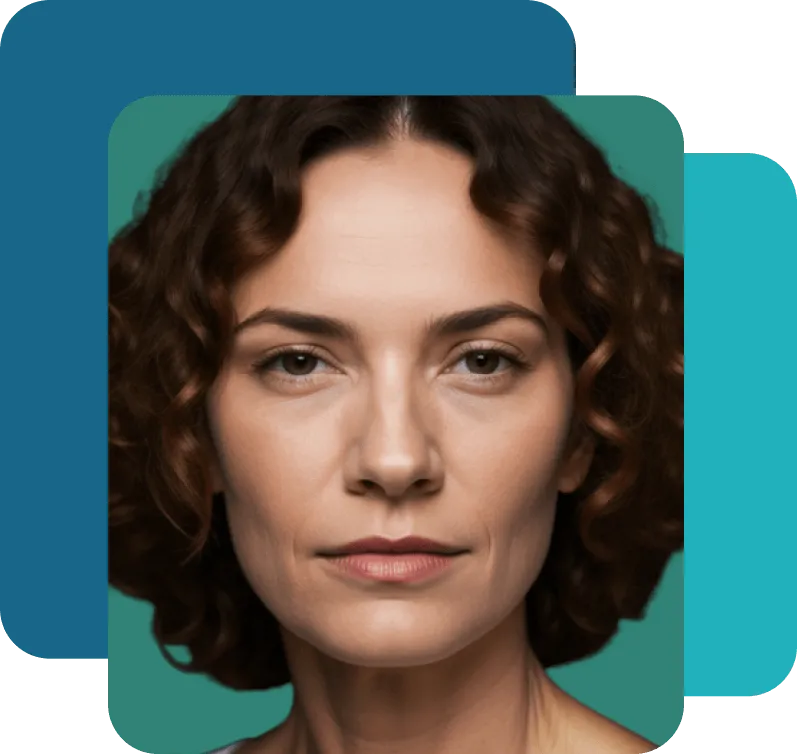
Dealing with skin and hair concerns can be incredibly frustrating.
It's common to feel less confident and vibrant and wonder if there's a solution that truly works.
The struggle is real, and finding the correct answers can feel overwhelming.
But know that you're not alone, and there are effective treatments that can help you regain your confidence and vitality.
Struggling With Skin and Hair Issues?

Dealing with skin and hair concerns can be incredibly frustrating.
It's common to feel less confident and vibrant and wonder if there's a solution that truly works.
The struggle is real, and finding the correct answers can feel overwhelming.
But know that you're not alone, and there are effective treatments that can help you regain your confidence and vitality.
Unlock the Potential of Your Skin and Hair
Your skin and hair need attention, care, and the right solutions
Embrace the possibility of change and take control of your skin and hair's future.
With the right treatments and personalised care, you can restore your confidence and achieve the vibrant, healthy skin and hair you deserve.

Unlock the Potential of Your Skin and Hair

Your skin and hair need attention, care, and the right solutions.
Embrace the possibility of change and take control of your skin and hair's future.
With the right treatments and personalised care, you can restore your confidence and achieve the vibrant, healthy skin and hair you deserve.
How We Can Help
Choosing Skin Horizon for your procedure goes beyond a treatment

Dermoscopy of the Skin
"Dermoscopy offers a non-invasive, detailed examination of skin lesions, enhancing the accuracy of diagnoses for conditions like melanoma and other skin cancers. This advanced diagnostic tool allows dermatologists to observe subtle features and patterns not visible to the naked eye, facilitating early detection and timely treatment."

Dome Skin Analyser
"The Dome Skin Analyser provides a comprehensive skin health assessment using cutting-edge imaging technology to reveal underlying skin conditions and ageing signs. This precise analysis enables personalised skincare recommendations, ensuring targeted treatment plans that effectively address individual skin concerns for optimal results."

eCO2 Plus Laser
"The eCO2 Plus Laser offers advanced skin resurfacing capabilities, effectively reducing wrinkles, scars, and blemishes while promoting collagen regeneration for a smoother, more youthful complexion. This state-of-the-art laser treatment provides precise control and depth of penetration, ensuring maximum results with minimal downtime."

Endolift Laser
"The Endolift Laser is a minimally invasive treatment that effectively tightens and lifts the skin, delivering immediate results without surgical intervention. This cutting-edge laser technology targets deeper layers of the skin to stimulate collagen production, enhancing skin elasticity and reducing the appearance of sagging and wrinkles."

Excimer UVB Phototherapy
"Excimer UVB Phototherapy offers targeted treatment for chronic skin conditions like psoriasis, vitiligo, and eczema, using a specific wavelength of ultraviolet light to reduce inflammation and promote healthy skin regeneration. This precise therapy focuses directly on affected areas, minimizing exposure to surrounding healthy skin and enhancing treatment efficacy with fewer side effects."

Micro-Needling
"Micro-Needling is an effective rejuvenation treatment that uses fine needles to create micro-punctures in the skin, stimulating natural collagen production and enhancing the skin's overall texture and tone. This minimally invasive procedure helps reduce the appearance of scars, wrinkles, and large pores, promoting a healthier, more youthful complexion."

Photodynamic Therapy
"Photodynamic Therapy (PDT) combines light-activated medications with light exposure to selectively destroy abnormal cells, offering a powerful treatment for various skin conditions, including precancerous lesions and certain types of skin cancer. This targeted approach minimises damage to surrounding healthy tissue, effectively treating the affected areas with minimal side effects and downtime."

Platelet-Rich Plasma Therapy (PRP)
"Platelet-rich plasma (PRP) Therapy harnesses the healing powers of your blood to rejuvenate skin and stimulate hair growth, utilising concentrated platelets rich in growth factors. This natural, minimally invasive treatment accelerates tissue repair and collagen production, effectively addressing signs of ageing and hair loss and promoting overall skin regeneration."

Wood's Light Examination of Skin
"Wood's Light Examination of Skin is a diagnostic technique that uses ultraviolet light to enhance the visibility of skin conditions often invisible under normal light, such as fungal infections, pigment disorders, and bacterial infections. This quick, non-invasive assessment helps dermatologists accurately diagnose and tailor treatments for various skin issues, ensuring effective and targeted care."

Ultrasound Examination of the Skin
"Ultrasound Examination of the Skin provides a non-invasive, detailed view beneath the skin's surface, enabling dermatologists to assess the structure and thickness of skin and detect abnormalities such as cysts, tumours, or inflammatory conditions. This advanced diagnostic tool is crucial for precisely evaluating and planning effective treatment strategies, ensuring targeted and safe interventions for various skin issues."
How We Can Help
Choosing Skin Horizon for your procedure goes beyond a treatment

Dermoscopy of the Skin
"Dermoscopy offers a non-invasive, detailed examination of skin lesions, enhancing the accuracy of diagnoses for conditions like melanoma and other skin cancers. This advanced diagnostic tool allows dermatologists to observe subtle features and patterns not visible to the naked eye, facilitating early detection and timely treatment."

Dome Skin Analyser
"The Dome Skin Analyser provides a comprehensive skin health assessment using cutting-edge imaging technology to reveal underlying skin conditions and ageing signs. This precise analysis enables personalised skincare recommendations, ensuring targeted treatment plans that effectively address individual skin concerns for optimal results."

eCO2 Plus Laser
"The eCO2 Plus Laser offers advanced skin resurfacing capabilities, effectively reducing wrinkles, scars, and blemishes while promoting collagen regeneration for a smoother, more youthful complexion. This state-of-the-art laser treatment provides precise control and depth of penetration, ensuring maximum results with minimal downtime."

Endolift Laser
"The Endolift Laser is a minimally invasive treatment that effectively tightens and lifts the skin, delivering immediate results without surgical intervention. This cutting-edge laser technology targets deeper layers of the skin to stimulate collagen production, enhancing skin elasticity and reducing the appearance of sagging and wrinkles."

Excimer UVB Phototherapy
"Excimer UVB Phototherapy offers targeted treatment for chronic skin conditions like psoriasis, vitiligo, and eczema, using a specific wavelength of ultraviolet light to reduce inflammation and promote healthy skin regeneration. This precise therapy focuses directly on affected areas, minimizing exposure to surrounding healthy skin and enhancing treatment efficacy with fewer side effects."

Micro-Needling
"Micro-Needling is an effective rejuvenation treatment that uses fine needles to create micro-punctures in the skin, stimulating natural collagen production and enhancing the skin's overall texture and tone. This minimally invasive procedure helps reduce the appearance of scars, wrinkles, and large pores, promoting a healthier, more youthful complexion."

Photodynamic Therapy
"Photodynamic Therapy (PDT) combines light-activated medications with light exposure to selectively destroy abnormal cells, offering a powerful treatment for various skin conditions, including precancerous lesions and certain types of skin cancer. This targeted approach minimises damage to surrounding healthy tissue, effectively treating the affected areas with minimal side effects and downtime."

Platelet-Rich Plasma Therapy (PRP)
"Platelet-rich plasma (PRP) Therapy harnesses the healing powers of your blood to rejuvenate skin and stimulate hair growth, utilising concentrated platelets rich in growth factors. This natural, minimally invasive treatment accelerates tissue repair and collagen production, effectively addressing signs of ageing and hair loss and promoting overall skin regeneration."

Wood's Light Examination of Skin
"Wood's Light Examination of Skin is a diagnostic technique that uses ultraviolet light to enhance the visibility of skin conditions often invisible under normal light, such as fungal infections, pigment disorders, and bacterial infections. This quick, non-invasive assessment helps dermatologists accurately diagnose and tailor treatments for various skin issues, ensuring effective and targeted care."

Ultrasound Examination of the Skin
"Ultrasound Examination of the Skin provides a non-invasive, detailed view beneath the skin's surface, enabling dermatologists to assess the structure and thickness of skin and detect abnormalities such as cysts, tumours, or inflammatory conditions. This advanced diagnostic tool is crucial for precisely evaluating and planning effective treatment strategies, ensuring targeted and safe interventions for various skin issues."
What Clients Are Saying About Us
“Recommended”
Thank you, Dr Ghazavi and the Skin Horizon team. I was well looked after, and my treatment went very smoothly. I will recommend Skin Horizon to friends and Family.

Sally Durcan
“So Happy”
Dr Ghavazi and the staff at Skin Horizon made me feel at ease and the procedure went really well, I'm so happy with the results. Thank you.

Darcel Ballentine
“Very Grateful”
Great job, my belling fat has significantly decreased which has increased my confidence. Very Grateful.

John Black
What Clients Are Saying About Us
“Recommended”
Thank you, Dr Ghazavi and the Skin Horizon team. I was well looked after, and my treatment went very smoothly. I will recommend Skin Horizon to friends and Family.

Sally Durcan
“So Happy”
Dr Ghavazi and the staff at Skin Horizon made me feel at ease and the procedure went really well, Im so happy with the results. Thank you.

Darcel Ballentine
“Very Grateful”
Great job, my belling fat has significantly decreased which has increased my confidence. Very Grateful.

John Black
Industry Associations
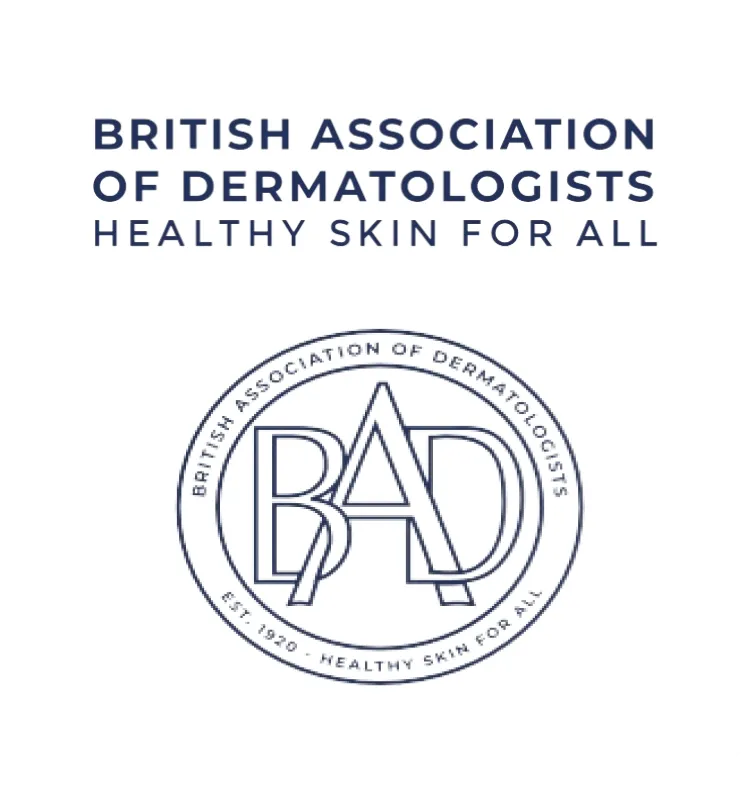
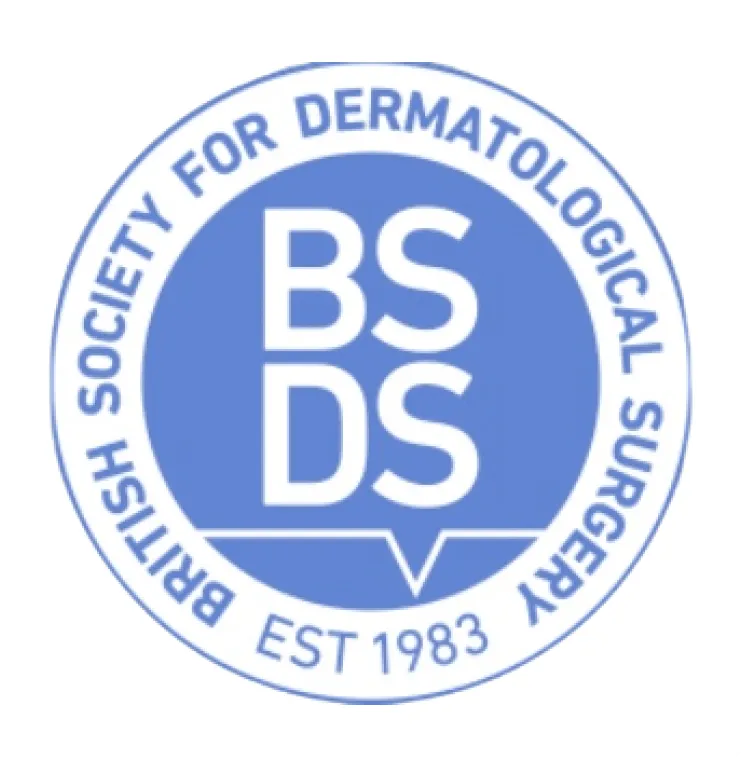
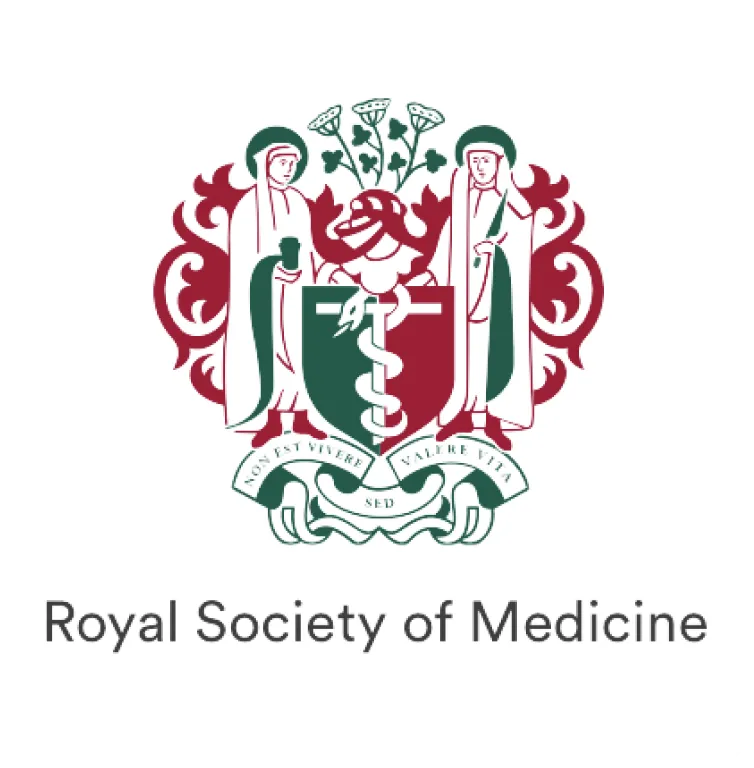
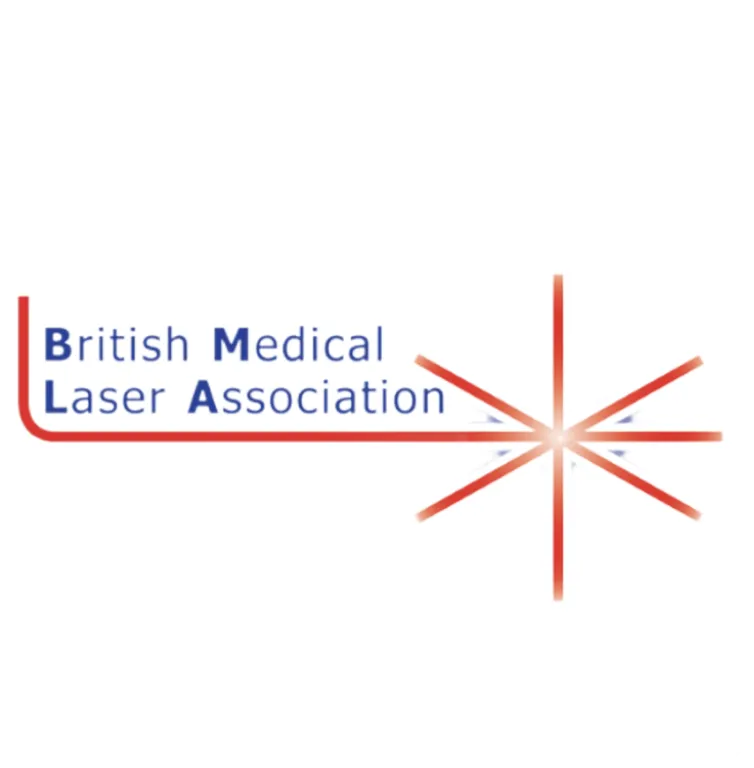
Frequently Asked Question
General Skin Conditions & Treatment
What causes acne, eczema, or psoriasis, and how can it be treated?
Acne, eczema, and psoriasis are common skin conditions with different causes. Acne is caused by clogged pores due to excess oil, dead skin, and bacteria, leading to pimples.
Treatment includes topical creams, oral medications, and lifestyle changes. Eczema is an inflammatory condition triggered by genetics, allergies, or irritants, causing dry, itchy skin, and is managed with moisturizers, steroid creams, and avoiding triggers.
Psoriasis is an autoimmune disorder where skin cells grow too quickly, leading to red, scaly patches. Treatments include creams, light therapy, and medications to reduce inflammation and slow skin cell growth.
What are the symptoms of skin cancer, and how is it diagnosed?
Skin cancer symptoms often include changes in the appearance of the skin, such as a new growth, a sore that doesn’t heal, or changes in an existing mole (like irregular edges, different colours, or increasing size).
Some types may appear as red, scaly patches or lumps. It’s diagnosed by a dermatologist through a skin examination and, if needed, a biopsy, where a small piece of skin is taken and tested to check for cancerous cells.
Early detection is important for successful treatment.
How can I treat dark spots, hyperpigmentation, or melasma?
Dark spots, hyperpigmentation, and melasma can be treated in various ways depending on the severity. Topical treatments like creams with ingredients such as hydroquinone, retinoids, or vitamin C can lighten spots over time.
Procedures like chemical peels and microneedling (like Dermapen) can help improve skin texture and tone by stimulating collagen. Lasers, such as fractional laser or intense pulsed light (IPL), target pigment directly to reduce discoloration.
Exosome therapy is a newer option that uses growth factors to heal and brighten the skin. A dermatologist can recommend the best approach based on your skin type.
What options are available for managing rosacea or sensitive skin?
Managing rosacea and sensitive skin involves both skincare and professional treatments. Gentle skincare products like mild cleansers and moisturisers, along with avoiding triggers like hot drinks and sun exposure, are important.
Professional treatments include lasers, such as pulsed dye laser or IPL, which reduce redness by targeting blood vessels. Photodynamic therapy can help with more severe cases by reducing inflammation.
Microneedling with devices like Dermapen may also improve skin texture without irritating it, but should be done carefully for sensitive skin. A dermatologist can help choose the right option based on your skin’s needs.
Can you recommend treatments for hair loss (alopecia)?
For treating hair loss (alopecia), several options are available depending on the cause. Trichoscopy is used to diagnose the condition by examining the scalp closely.
Treatments like microneedling, often combined with growth serums or stem cell-derived exosomes, can stimulate hair follicles and promote regrowth.
Photodynamic therapy and excimer UVB phototherapy are non-invasive treatments that use light to reduce inflammation and stimulate hair growth in certain types of alopecia. A combination of these treatments may be recommended by a dermatologist based on your specific hair loss pattern.
Cosmetic Dermatology & Aesthetic Procedures
What are the best anti-ageing treatments (e.g., Botox, fillers, lasers)?
The best anti-ageing treatments include a variety of options depending on your needs. Botox relaxes wrinkles, especially around the eyes and forehead, while dermal fillers restore lost volume in areas like the cheeks and lips.
Lasers, both ablative (which remove layers of skin) and non-ablative (which stimulate collagen), help improve skin texture and reduce wrinkles. Microneedling with Dermapen boosts collagen production, while exosome therapy promotes skin regeneration.
Endolift is a non-surgical skin lift that tightens and lifts sagging skin using laser fibres. A dermatologist can recommend a tailored combination of these treatments for optimal results.
What are my options for reducing wrinkles and fine lines?
To reduce wrinkles and fine lines, several options are available. Injectable treatments like Botox relax facial muscles to smooth out wrinkles, while dermal fillers add volume to reduce deeper lines.
Ablative lasers remove outer skin layers to stimulate new growth, while non-ablative lasers boost collagen without removing skin. Microneedling, combined with exosome therapy, can rejuvenate the skin by encouraging healing and collagen production.
Photodynamic therapy reduces fine lines and improves skin tone. For a non-surgical skin lift, Endolift uses laser fibres to tighten and lift sagging skin. These treatments can be combined for personalized results.
How do I get rid of acne scars or large pores?
To get rid of acne scars or large pores, various treatments can help improve skin texture.
Ablative lasers remove the top layers of skin to smooth scars, while non-ablative lasers stimulate collagen without damaging the surface. Microneedling, including Dermapen, creates tiny skin injuries that promote healing and reduce scarring.
Exosome therapy can be added to enhance skin regeneration. Photodynamic therapy can also treat acne scars by reducing inflammation and boosting skin renewal.
These treatments, often combined, help refine the skin and minimize the appearance of scars and pores over time.
What non-surgical body contouring procedures are available?
Non-surgical body contouring procedures offer ways to shape and tighten the body without surgery.
Endolift laser is a non-invasive treatment that tightens and lifts sagging skin by stimulating collagen production.
It is also used for non invasive fat removal. Liposuction, while technically a surgical procedure, has non-surgical alternatives like Aqualyx, an injectable that dissolves fat in targeted areas.
Other options include treatments like CoolSculpting (which freezes fat) and radiofrequency therapy (which tightens the skin).
These procedures help improve body contours with little to no downtime, making them a popular alternative to traditional surgery.
What is the difference between chemical peels, microdermabrasion, and microneedling?
Chemical peels, microdermabrasion, and microneedling are all skin treatments that improve texture and appearance but work differently.
Chemical peels use acids to exfoliate the outer layers of skin, targeting issues like pigmentation and fine lines.
Microdermabrasion involves a machine that gently exfoliates the skin’s surface with tiny crystals, removing dead skin cells and improving texture.
Microneedling uses fine needles to create micro-injuries in the skin, stimulating collagen production and enhancing skin repair.
Each treatment addresses various skin concerns and can be chosen based on specific needs and desired outcomes.
How long do results last for various cosmetic treatments (e.g., Botox, fillers)?
•Botox: Typically lasts 3 to 6 months, with effects gradually diminishing over time.
•Dermal Fillers: Last between 6 months and 2 years, depending on the type of filler used and the treated area.
•Endolift: Results can last 1 to 3 years, as it tightens and lifts the skin by stimulating collagen production.
•Ablative Lasers: Effects can last 1 to 2 years, with improvements in skin texture and tone, but may require touch-ups. •Non-Ablative Lasers: Results can last up to a year or more, depending on the treatment and individual skin response.
•Microneedling: Typically lasts 6 months to a year, as it stimulates collagen production, which improves skin texture over time.
Maintaining results often involves periodic treatments and good skincare practices.
Skin Health & Prevention
What skincare products do you recommend for my skin type?
To recommend skincare products, I’d need to know your skin type, which can be oily, dry, combination, sensitive, or normal. However, here are general product types for each skin type:
· Oily Skin: Look for oil-free, non-comedogenic cleansers and moisturizers, and products containing salicylic acid or benzoyl peroxide.
· Dry Skin: Use hydrating cleansers, rich moisturizers, and products with ingredients like hyaluronic acid, glycerin, and ceramides.
· Combination Skin: Opt for gentle, balanced cleansers and lightweight, non-greasy moisturizers. Products with niacinamide can help balance oil production.
· Sensitive Skin: Choose fragrance-free, hypoallergenic products, and use gentle cleansers and moisturizers with soothing ingredients like aloe vera or chamomile.
· Normal Skin: You can use a variety of products but look for those that maintain balance, such as gentle cleansers and moisturizers with a balanced formulation.
Opatra Skin Analysis is a high-tech skin diagnostic tool that uses advanced imaging to assess the condition of your skin. It typically employs various technologies, such as multi-spectral analysis and digital imaging, to evaluate skin concerns like pigmentation, texture, hydration levels, and signs of aging.
The analysis provides a detailed report on your skin’s health, helping dermatologists or skincare professionals tailor treatments and product recommendations based on the specific needs of your skin.
This personalized approach aims to enhance the effectiveness of skincare regimens and treatments.
How can I prevent skin ageing and maintain healthy skin?
To prevent skin aging and maintain healthy skin, consider the following tips:
· Sun Protection: Use sunscreen with at least SPF 30 daily to protect your skin from UV damage.
· Hydration: Drink plenty of water and use moisturizers to keep your skin hydrated and prevent dryness.
· Healthy Diet: Eat a balanced diet rich in antioxidants, vitamins (like A, C, and E), and omega-3 fatty acids to support skin health.
· Regular Cleansing: Cleanse your skin gently to remove dirt, oil, and impurities without stripping natural oils.
· Exfoliation: Exfoliate regularly to remove dead skin cells and promote cell turnover, but avoid over-exfoliating.
· Avoid Smoking: Smoking accelerates skin aging and causes wrinkles and dullness.
· Sleep Well: Ensure adequate sleep to support skin repair and overall health.
· Stress Management: Practice stress-reducing techniques, as stress can impact skin health negatively.
Cost & Insurance
How much do the treatments like Botox or laser therapy cost?
Kindly refer to the following link for a comprehensive list of services and their associated fees.
For further information, please do not hesitate to contact us.
Does insurance cover dermatology treatments for acne, eczema, or other conditions?
If you have insurance, it is likely that a significant portion of the costs, including consultations and skin surgeries, will be covered.
However, certain treatments, such as laser procedures, may not be included in your coverage, and partial coverage may apply to other services. Please note that we do not work with BUPA or Vitality.
What payment plans or financing options are available for cosmetic procedures?
We are pleased to refer you to the finance company we partner with for additional support.
Please note, however, that they operate entirely independently, and we will not be involved in your contract with them.
Should your application be approved, you will receive the necessary funds directly to cover your treatment fees.
Consultation & Appointments
How do I book a consultation or appointment with a dermatologist?
You may schedule a consultation with Dr. Ghazavi at any of the clinics where he practices.
To arrange an appointment, please either contact us directly or utilize our online booking system.
Kindly ensure that you specify whether the consultation is for general dermatological concerns or a skin assessment.
What should I bring or prepare for my first dermatology appointment?
Kindly ensure that all required forms are completed prior to your appointment. If your appointment involves a procedure, such as laser treatment or skin surgery, we recommend arranging for someone to accompany you and assist with transportation afterwards for your safety.
Should you require additional assistance, such as an interpreter, please notify us in advance to prevent any delays during your appointment.
How long does a typical dermatology or cosmetic consultation take?
A consultation typically lasts between 15 to 30 minutes, depending on the complexity of your condition and the need for further assessments, such as a digital skin analysis.
We are committed to ensuring that your primary concern is thoroughly addressed, and that a clear plan of action is established by the conclusion of your consultation.
In many cases, patients are given the opportunity to consider all available treatment options and return to us with the course of action that best aligns with their preferences and needs.
Choosing A Dermatologist
What is the GMC Specialist Register, and why is it important when choosing a dermatologist?
The GMC Specialist Register is a list of medical professionals in the UK who have completed the necessary specialist training and are qualified to practice in a specific field of medicine, such as dermatology.
Choosing a dermatologist from this register ensures that they meet the highest standards of education, training, and clinical practice.
This guarantees that you’re receiving care from a fully qualified specialist.
How do I check if a dermatologist is on the GMC Specialist Register?
You can check if a dermatologist is on the GMC Specialist Register by visiting the official GMC website.
Simply enter the doctor’s name or GMC reference number into the online register.
If the doctor appears on the register, they are fully licensed and recognized as a specialist in dermatology.
What qualifications should I look for in a dermatologist?
In addition to being on the GMC Specialist Register, a qualified dermatologist should hold a medical degree (MBBS or equivalent) and complete specialist training in dermatology.
They may also be members of professional organizations such as the British Association of Dermatologists (BAD).
Many dermatologists have additional certifications in cosmetic or laser treatments.
What types of skin conditions can a dermatologist treat?
A dermatologist treats a wide range of skin, hair, and nail conditions. These include common issues like acne, eczema, psoriasis, and skin cancer, as well as more complex conditions such as autoimmune skin disorders, severe allergic reactions, and chronic infections.
Dermatologists also offer cosmetic treatments like laser therapy, chemical peels, and skin rejuvenation.
Can a dermatologist help with cosmetic concerns like aging skin or acne scars?
Yes, many dermatologists specialize in cosmetic dermatology. They can offer a variety of treatments for concerns like aging skin, acne scars, pigmentation, and unwanted hair.
These treatments may include Botox, fillers, chemical peels, laser treatments, and microdermabrasion.
Always make sure the dermatologist has specific expertise in cosmetic procedures if that’s your primary concern.
Do I need a referral from my GP to see a dermatologist?
In most cases, if you are seeking treatment through the NHS, you will need a referral from your GP to see a dermatologist.
However, for private consultations, you can usually book an appointment directly without a referral.
Always check with the clinic or doctor beforehand.
What should I expect during my first visit to a dermatologist?
During your first visit, the dermatologist will ask about your medical history and the specific concerns you have with your skin.
They may perform a physical examination of your skin, hair, or nails and could suggest further tests or biopsies if needed.
Based on their findings, they will discuss treatment options with you.
How do I choose the right dermatologist for my skin needs?
Choose a dermatologist based on their qualifications, experience, and area of specialization.
Consider factors such as whether they are on the GMC Specialist Register, their expertise in treating specific conditions, and any patient reviews or recommendations.
If you have a particular condition or treatment in mind, look for a dermatologist who specializes in that area.
We Look Forward
to Seeing you Soon
The Skin Horizon Clinic (Maida Vale)
BMI Clementine Churchill Hospital
BMI Hendon Hospital
HCA The Waterfront
Spire Bushey Diagnostic Centre
The London Welbeck Hospital




We Look Forward
to Seeing you Soon
The Skin Horizon Clinic (Maida Vale)
BMI Clementine Churchill Hospital
BMI Hendon Hospital
HCA The Waterfront
Spire Bushey Diagnostic Centre
The London Welbeck Hospital

Dr Ghazavi
MD, FRCP, MRCP Dermatology
Consultant Dermatologist, General, Cosmetic, Laser and Skin Surgery
4 Clarendon Terrace
Maida Vale
Little Venice
W9 1BZ
Social Media

Dr Ghazavi
MD, FRCP, MRCP Dermatology
Consultant Dermatologist, General, Cosmetic, Laser and Skin Surgery
4 Clarendon Terrace
Maida Vale
Little Venice
W9 1BZ
Quick Links
About Us
